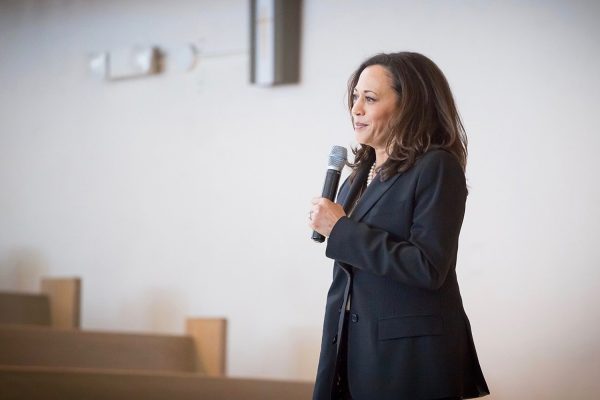
Four of the Democrats running for their party’s presidential nomination committed to replacing private health insurance with a government-run system in debates this week: Senators Kamala Harris of California, Bernie Sanders of Vermont and Elizabeth Warren of Massachusetts as well as Mayor Bill de Blasio of New York.
Harris later maintained she had misheard the question and supports Medicare-for-all with supplemental private insurance.
She, as well as Sanders and Warren, stand a real chance of becoming the nominee (de Blasio is a long shot), so it’s worth pointing out why abolishing private health insurance is such bad policy for Democrats.
Bad idea
- It’s unpopular. Only 13 percent of Americans want a health care system without private insurance. The majority would prefer a government-run system with either supplemental private insurance or private insurance as an opt-out. (That’s the system we have here in Spain.)
- It’s easy to characterize as socialism, because, well, it kinda is. Democrats may be warming to socialism, but it’s still a hugely unpopular idea on the right.
- Most Americans like the health insurance they have. You can argue that’s because they don’t know better — but Americans do complain about ever-rising premiums, copays and deductibles. They know the system isn’t perfect, but they aren’t desperate for a radical overhaul.
- Health care systems without private insurance, like Britain’s and Canada’s, tend to do worse, in terms of availability of treatments, cost, outcomes and waiting times, than systems with private insurance, such as the Netherlands’ and Switzerland’s.
The views of former vice president Joe Biden and South Bend, Indiana mayor Pete Buttigieg are more reasonable. The former argued on Thursday for expanding Obamacare, the latter for providing “Medicare for all who want it.”
Alternatives
The majority of Americans, about seven in ten, do believe there is a role for government in making sure everybody has access to health care.
My preference would be for a Dutch-style system with private health insurance, minimum benefits, publicly owned hospitals, price controls for copays and drugs, a mix of public and private funding and subsidies for low incomes.
The Dutch used to have the same system as the Spanish, with a government-run health service for most people and private insurance for entrepreneurs and the self-employed. This created a divide between rich and poor.
Such a divide exists in Spain. If you have money, you go to a private clinic with better-paid doctors and shorter waiting times. Quality differences are fairly minimal, though, and everybody pays the same (typically a few euros) for medication.
On balance, the system is still better than the American. That’s not just my experience (having lived in and used health care in both countries), but borne out by all the international rankings I’ve seen.
There are many ways to improve health care in America. Abolishing private insurance isn’t one of them.
